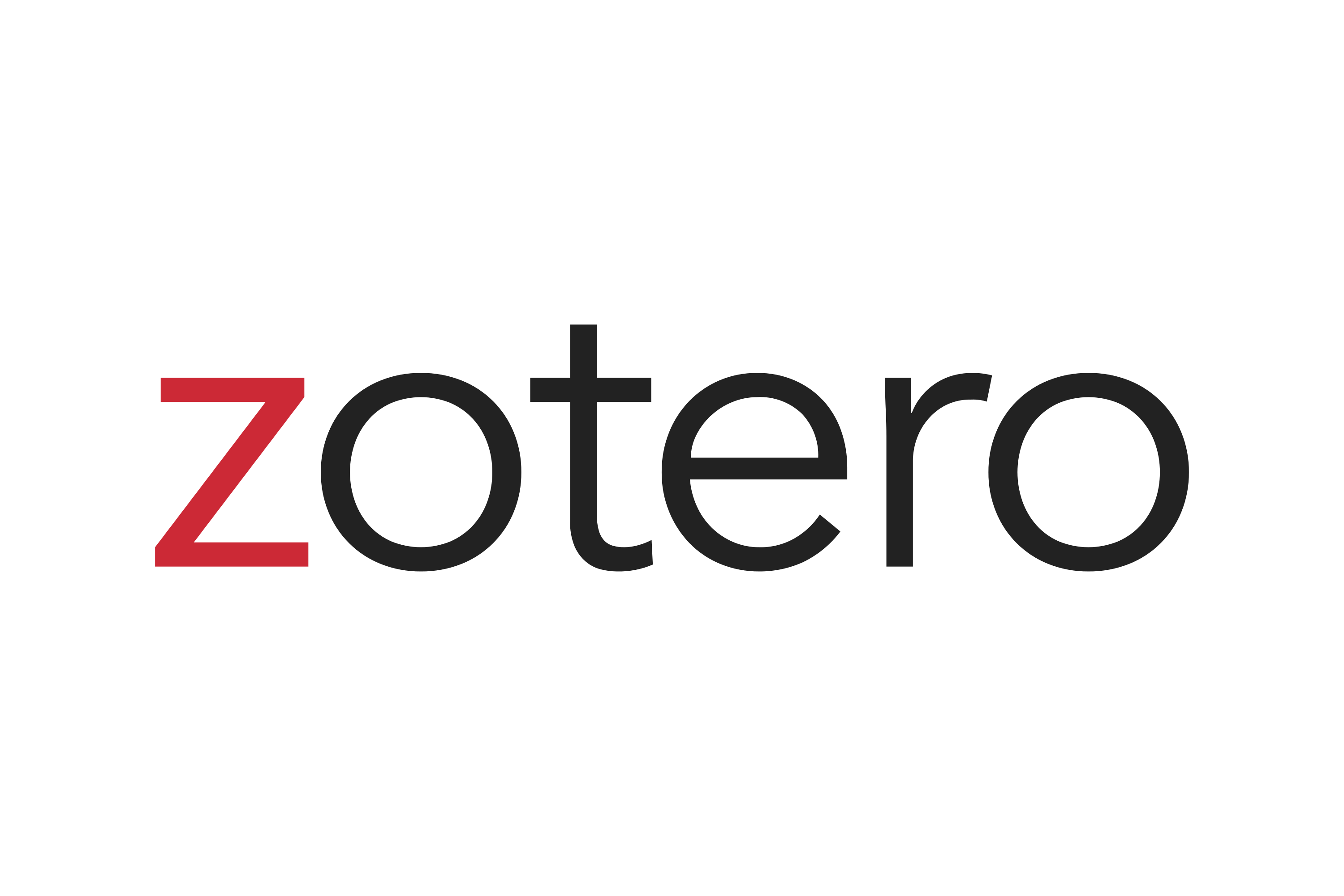MAKNA AL-NABĪ AL-UMMĪ PERSPEKTIF MUFASIR INDONESIA
Penafsiran Bisri Mustofa dan Tim Lajnah Pentashihan Mushaf Al-Qur’an RI terhadap QS. Al-‘Arāf/7:157-158
DOI:
https://doi.org/10.32678/alfath.v17i1.8211Keywords:
Al-Nabī Al-Ummī, InterpretationAbstract
This study discusses the interpretation of the meaning of al-nabī al-ummī in QS al-A'rāf/7: 157-158 according to Bisri Mustofa and the Tim Lajnah Pentashihan Mushaf Al-Qur’an RI and is a literature study using primary and secondary data. The result of the research is that al-nabī al-ummī which is attributed to the Prophet Muhammad found in QS al-A'rāf/7: 157-158. Bisri Mustofa interpreted that the Prophet Muhammad could not read and write and also meant that he was clean from sin. Meanwhile, the Tim Lajnah Pentashihan Mushaf Al-Qur’an RI interpreted that the Prophet Muhammad not good at reading and writing. There are several similarities and differences in the interpretation of each of these figures in terms of the diversity of meanings of the sentence al-nabī al-ummī, the attribution of these characteristics to him, and the level of ability of the Prophet Muhammad in terms of reading and writing. The purpose of this research is to find out the interpretation of some Indonesian interpreters about the meaning of al-nabī al-ummī.
Downloads
References
Abdullah Muaz, dkk. Kazanah Mufasir Nusantara. Cilandak: Program Studi Ilmu Al-Qur’an dan Tafsir PTIQ, 2020.
Achmad Abubakar, dkk. “Hikmah Edukatif Nuzul Al-Qur’an.” Jurnal Ushuluddin: Media DialogPemikiran Islam 24, no. 2 (2022).
Ahmad Yani. “Moderasi Beragama Dalam Perspektif Tafsir Al-Ibriz Karya Bisri Mustafa(Kajian Terhadap QS. Al-Baqarah[2]:143.” Jurnal Pendidikan, Kebudayaan, dan Keislaman 1, no. 1 (2022).
Al-Hamid, Idrus. “Eksistensi Kebudayaan Jawa Dalam Penafsiran Bisri Mustafa.” Mutawatir: Jurnal Keilmuan Tafsir Hadis 9, no. 1 (2019).
Ali Abdul Rahman, Dkk. “Relasi Manusia Dengan Alam Dalam Tafsir Al-Ibriz Dan Al-Mishbah.” Kontemplasi: Jurnal Ilmu-Ilmu Ushuluddin 10, no. 2 (2022).
Anam, Ahsanul. “Makna Ummi Bagi Nabi Muhammad Menurut Para Mufassir (Sebuah Telaah Tematis).” Deskripsia: Jurnal Pengabdian dan Pemberdayaan Masyarakat 1, no. 1 (2022).
Anam, Muchammad Zahrul. “Marji‘ Ḍamīr Ayat Yahdī Man Yashā` Dan Yuḍillu Man Yashā (Studi Komparatif Antara Terjemah Al-Quran Dan Tafsir Ringkas Lajnah Pentashihan Mushaf Al-Quran (LPMQ) Kemenag).” Al-Itqan: Jurnal Studi Al-Quran 6, no. 1 (2020).
Aziz, Toriqul dan Ahmad Zainal Abidin. Khazanah Tafsir Nusantara. Yogyakarta: Irchisod, 2023.
Darussalam, Andi Baso. “Konsep Ilmu Dalam PerspektifAl-Qur’an.” Risalah: Jurnal Pendidikan dan Studi Islam 7, no. 1 (2021).
Firman, Sidik. “Pemikiran Bisri Mustafa Tentang Nilai Pendidikan Karakter(Kajian Surat Al-Hujarat Ayat 11-15 Tafsir Al-Ibriz).” Tawazun: Jurnal Pendidikan Islam 13, no. 1 (2020).
Ghazali, Mahbub. “Kosmologi Dalam Tasir Al-Ibriz Karya Bisri Mustafa: Relasi Tuhan, Alam, dan Manusia.” Al-Banjari: Jurnal Ilmiah Ilmu-Ilmu Keislaman 19, no. 1 (2020).
Hadade, Hasyim dan Achmad Abubakar. “The Study Of Proverty In The Al-Qur’an(Islamic Economic Perspektif).” Journal Of Management Science 6, no. 1 (2023).
Hasanah, Ulfatun. “Tafsir Al-Qur’an Di Madura: Periodesasi, Metodologi, Dan Ideologi.” ’Anil Islam: Jurnal Kebudayaan dan Ilmu Keislaman 2, no. 1 (2019).
Kementerian Agama RI. Al-Qur’an Dan Terjemahnya. Jakarta: Kementerian Agama RI, 2019.
Muhammad, Abu Qasim Al-Husain bin. Al-Mufradad Fi Garib Al-Qur’an. Kairo: Maktabah Nazar Mustafa Al-Bani, n.d.
Muhammad Faisal. “Khazanah Studi Kitab Tafsir Di Indonesia (Kajian Terhadap Kitab Tafsir Ringkas Kementerian Agama Republik Indonesia).” Islam Universalia: International Journal Of Islamic Studies and Social Sciences 1, no. 1 (2019).
Mustofa, Agus. Metamorfosis Sang Nabi. Surabaya: Padma Press, 2008.
Mustofa, Bisri. Al-Ibrīz Lima’rifah Tafsīr Al-Qur’ān Al-‘Azīz. Menara Kudus: Kudus, n.d.
Poerwadarminta, Wjs. Kamus Umum Bahasa Indonesia. Jakarta: Balai Pustaka, 1983.
Rochmah, Nur Azizah, dkk. “Analisis Wacana Kritis Konsep Plagiator Dan Buta Huruf Nabi Muhammad Saw. Dalam Geschichte Des Qoran Karya Theodore Noldeke.” Mafatih: Jurnal Ilmu Al-Qur’an dan Tafsir 2, no. 1 (2022).
Sonhaji dan Muhammad Tauhid. “Antropologi Budaya Jawa Dalam Kitab Tafsir Al-Qur’an Berbahasa Jawa Karya KH. Bisri Mustofa.” Al-Adyan: Jurnal Studi Lintas Agama 14, no. 2 (2019).
Tim Lajnah Pentashihan Mushaf Al-Qur’an RI. Al-Tafsīr Al-Wajīz Li Al-Qur’ān Al-Karīm (Tafsir Ringkas Al-Qur’an Al-Karim). Jakarta: Lajnah Pentashihan Mushaf Al-Qur’an RI, 2016.
Wangsa, Fadhlina Arief. “Kecerdasan Nabi Muhammad Saw Dalam Perspektif Hadis.” Sulesana: Jurnal Wawasan Keislaman 14, no. 1 (2020).
Zafirah, Mufidah. “Pembahasan Kata Ummi Dalam Al-Qur’an (Studi Analisis Surah Al-Jumuah).” Journal Islamic Pendagogia 2, no. 1 (2022).
Downloads
Published
Versions
- 2023-06-30 (3)
- 2023-06-30 (1)
How to Cite
Issue
Section
License
Copyright (c) 2023 Panggih Widodo, Achmad Abubakar, Sohrah, Ahmad Dani

This work is licensed under a Creative Commons Attribution-ShareAlike 4.0 International License.
Copyright Notice

Al-Fath: http://jurnal.uinbanten.ac.id/ is licensed under a Creative Commons Attribution-ShareAlike 4.0 International License
An author who publishes in Al-Fath agrees to the following terms:
- Author retains the copyright and grants the journal the right of first publication of the work simultaneously licensed under the Creative Commons Attribution-ShareAlike 4.0 License that allows others to share the work with an acknowledgment of the work's authorship and initial publication in this journal
- Author is able to enter into separate, additional contractual arrangements for the non-exclusive distribution of the journal's published version of the work (e.g., post it to an institutional repository or publish it in a book) with the acknowledgment of its initial publication in this journal.
- Author is permitted and encouraged to post his/her work online (e.g., in institutional repositories or on their website) prior to and during the submission process, as it can lead to productive exchanges, as well as earlier and greater citation of the published work (See The Effect of Open Access).
Privacy Statement
The names and email addresses entered in this journal site will be used exclusively for the stated purposes of this journal and will not be made available for any other purpose or to any other party.










